NGO sues LEWA over power hike
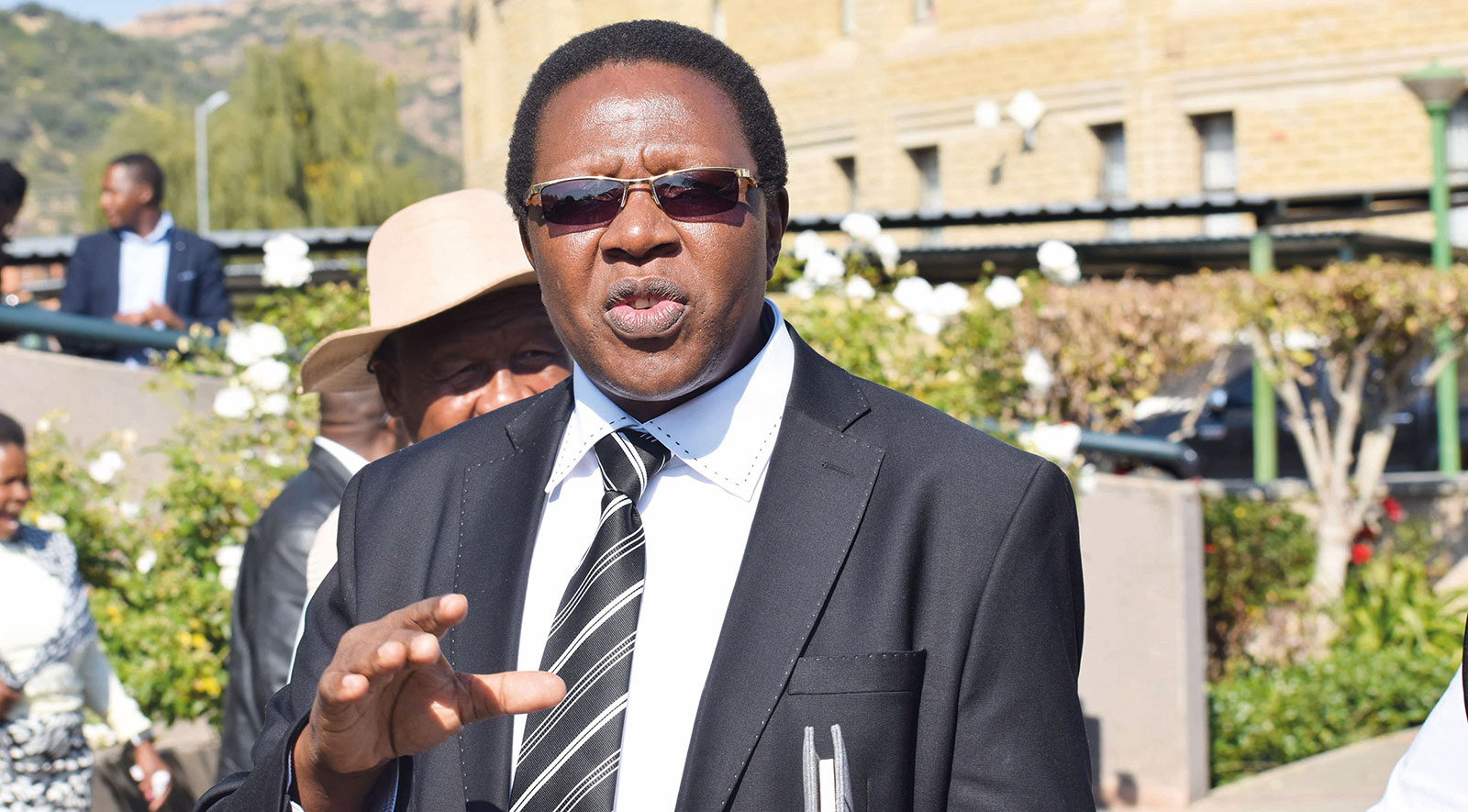
SHARE THIS PAGE!
‘Mantšali Phakoana
The Advocates for the Supremacy of the Constitution, SECTION 2 has instituted a High Court (Commercial Division) case challenging the new electricity tariffs increase of 9.6 percent by the Lesotho Electricity Company (LEC).
The new tariffs that came into effect on April, 1 2024 were approved by the Lesotho Water and Electricity Authority (LEWA) last month.
The LEWA board of directors said the increment was done based on the increased prices at which the LEC buys electricity from Eskom in South Africa and other sources.
Respondents in the case are minister of energy, Prof Nqosa Mahao, the LEWA board of directors, the LEWA, the LEC and the Attorney General, Rapelang Motsieloa.
In a joined application made on March 28, 2024, Kananelo Boloetse SECTION 2 president and a Mosotho male adult of Katlehong Maseru, Bokang Sekopa seek the High Court to order the electricity authority and the board of LEWA to refrain from implementing the new electricity tariffs pending finalisation of this case.
They also demand a court order reviewing and setting aside the decision made by LEWA’s board of directors to approve the increased electricity tariffs as proposed by LEC.
The applicants argued that should the new tariffs be implemented, customers will suffer significant financial burdens, particularly those with limited income and those operating on small profit margins.
Additionally, businesses will pass on the increased costs to consumers through higher prices for goods and services.
The application states that on January 30, 2024, LEWA invited SECTION 2, for a consultative stakeholder meeting to scrutinise the justification behind an application by the LEC.
The latter sought an increment of 23 percent, 15percent, and 15 percent on both Energy and Maximum Demand (MD) charges across all customer categories for the Financial Years 2023/2024, 2024/2015, and 2015/2026, correspondingly.
Enclosed with the invitation was the LEC’s extensive Multi-Year Tariff Review Application spanning the period 2023/2024-2025/2026.
“Upon scrutinising the Application, it came to our attention that the attached audited financial statements pertained to the financial year ending on 31st March 2022, rather than the preceding financial year ending on 31st March 2023.
“Consequently, the LEC’s tariff application was devoid of the most recent audited financial statements, which are pivotal for evaluating the rationale behind the proposed tariff increments.
“The Tariff Filing and Review Procedure of February 2012, developed by the LEWA board of directors stipulates that the data furnished by the licensee to the authority should encompass, among other aspects, the cost of sales for the preceding year. We maintain that the accurate determination of the cost of sales necessitates recourse to the audited financial statements for the antecedent year,” the applicants said.
SECTION 2 further indicated that on February 2, 2024, Mahao (1st respondent) articulated profound objective apprehensions regarding the absence of transparency and accountability in the tariff-setting process.
The organisation said they underscored that the LEC had not tendered its latest audited financial statements to the LEWA, which are indispensable for evaluating the rationale behind any proposed tariff increments.
“The LEWA board of directors unequivocally asserted that, in the absence of access to this essential financial data, both ourselves on behalf of ourselves and the general public and other stakeholders would be precluded from offering substantive contributions to the tariff review process.
“During the period of anticipation for the submission of requisite financial documentation by the LEWA, Prof Mahao learned with a shock and surprise and was disheartened to ascertain, on 20th March 2024, that the LEWA board had proceeded to endorse the implementation of new electricity tariffs.
“This occurred notwithstanding Prof Mahao’s objections and the absence of necessary financial statements, raising concerns about procedural fairness and transparency. It merits emphasis that Section 5 of the Lesotho Electricity Authority (Electricity Price Review and Structure) Regulations of 2009 explicitly states that the LEWA board and LEWA shall undertake the review of charge restrictions in an open, consultative, and transparent manner to allow interested parties the opportunity to make representations in respect of the charges and their effect.”
The consultation and involvement of the public and/or relevant stakeholders is a democratic process embedded in sections 1 and 20 (1) of the Lesotho Constitution. In the like manner 16 right of access to court to challenge the violation of democratic precepts is Constitutional democratic process.
The court has granted an expedited hearing for SECTION 2 and directed the respondents to submit their papers by Friday, April 12, 2024.

How much funeral cover is enough? (Part 1)
2 days ago
If it barks like a dog…
2 days ago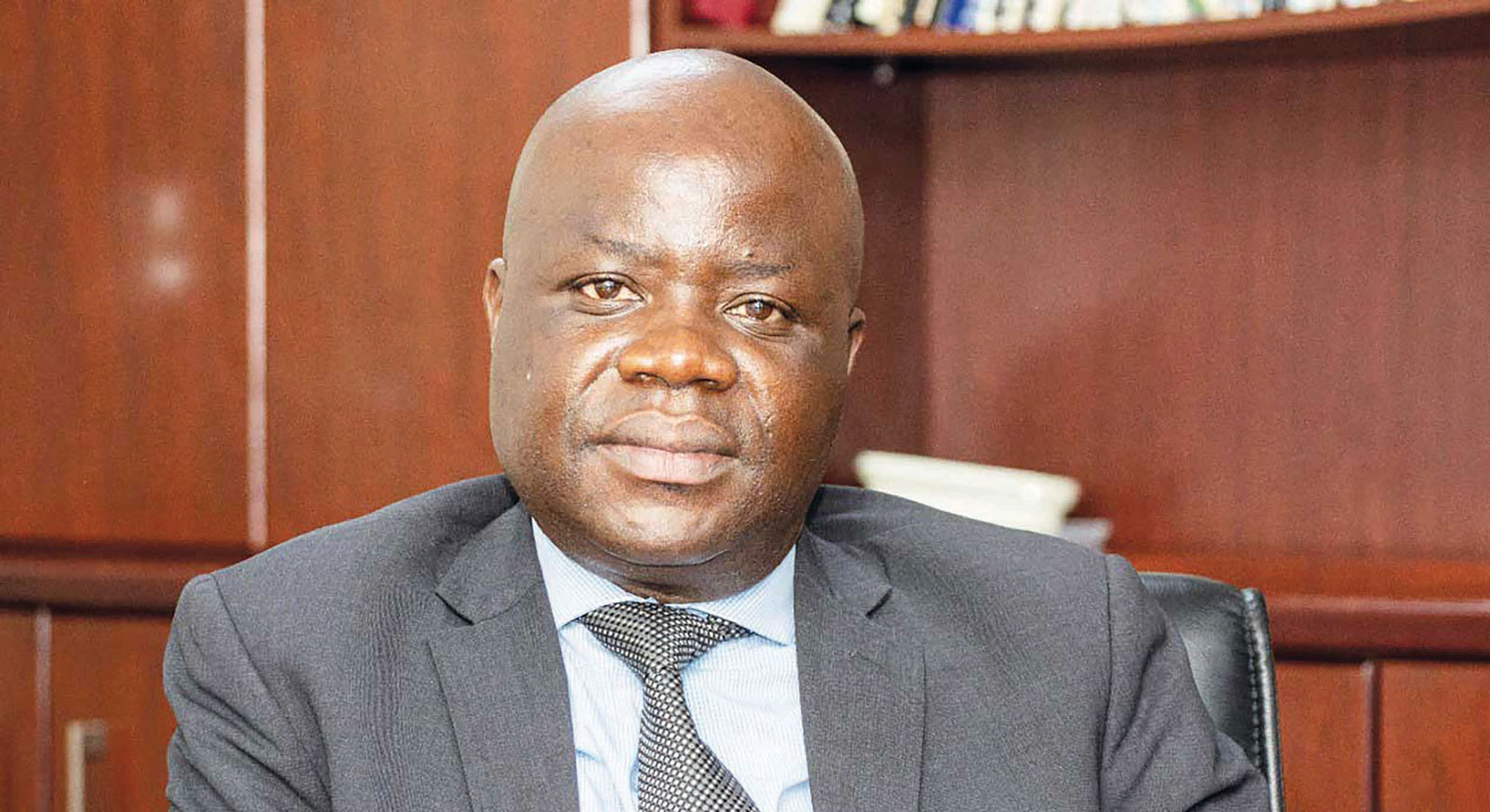
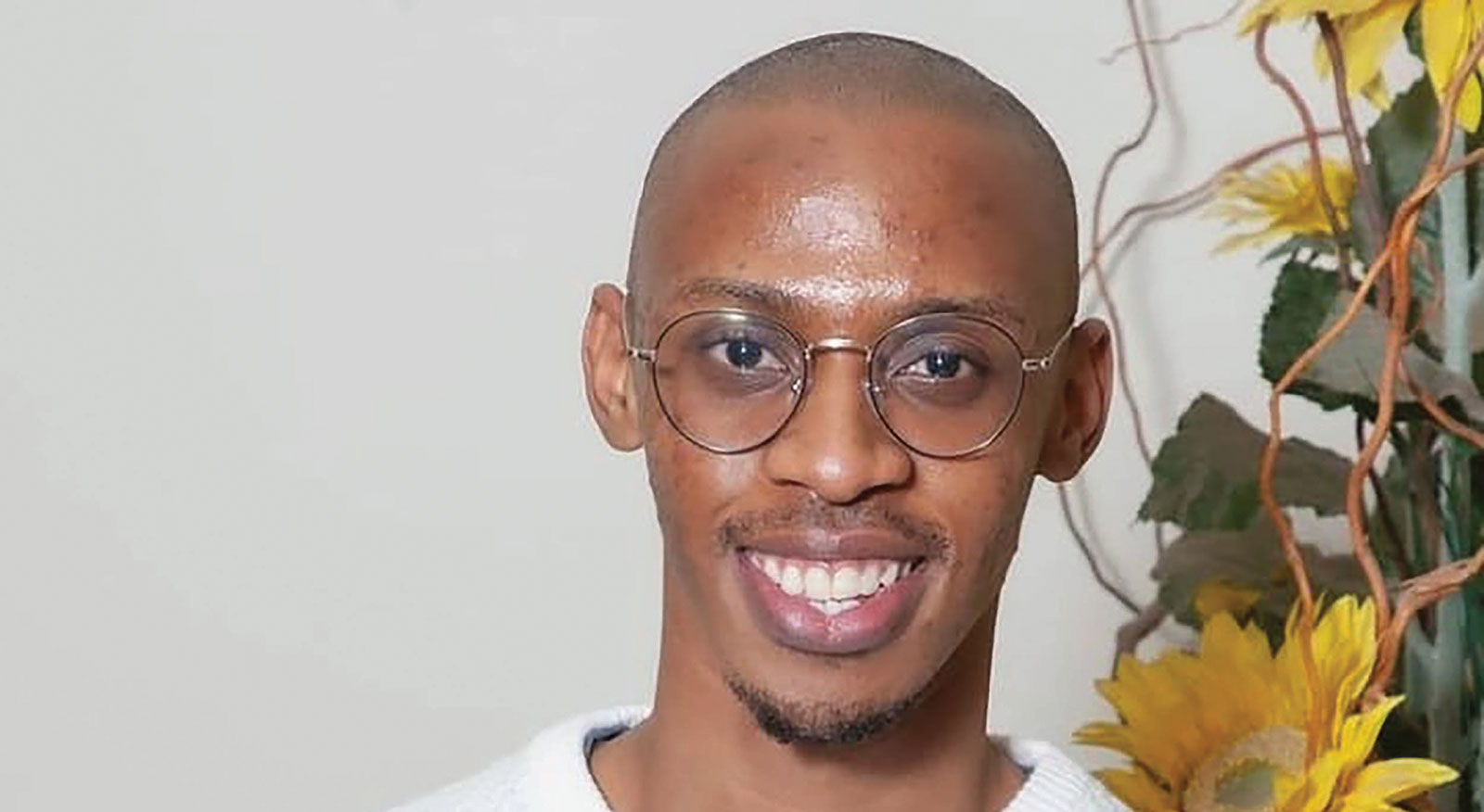
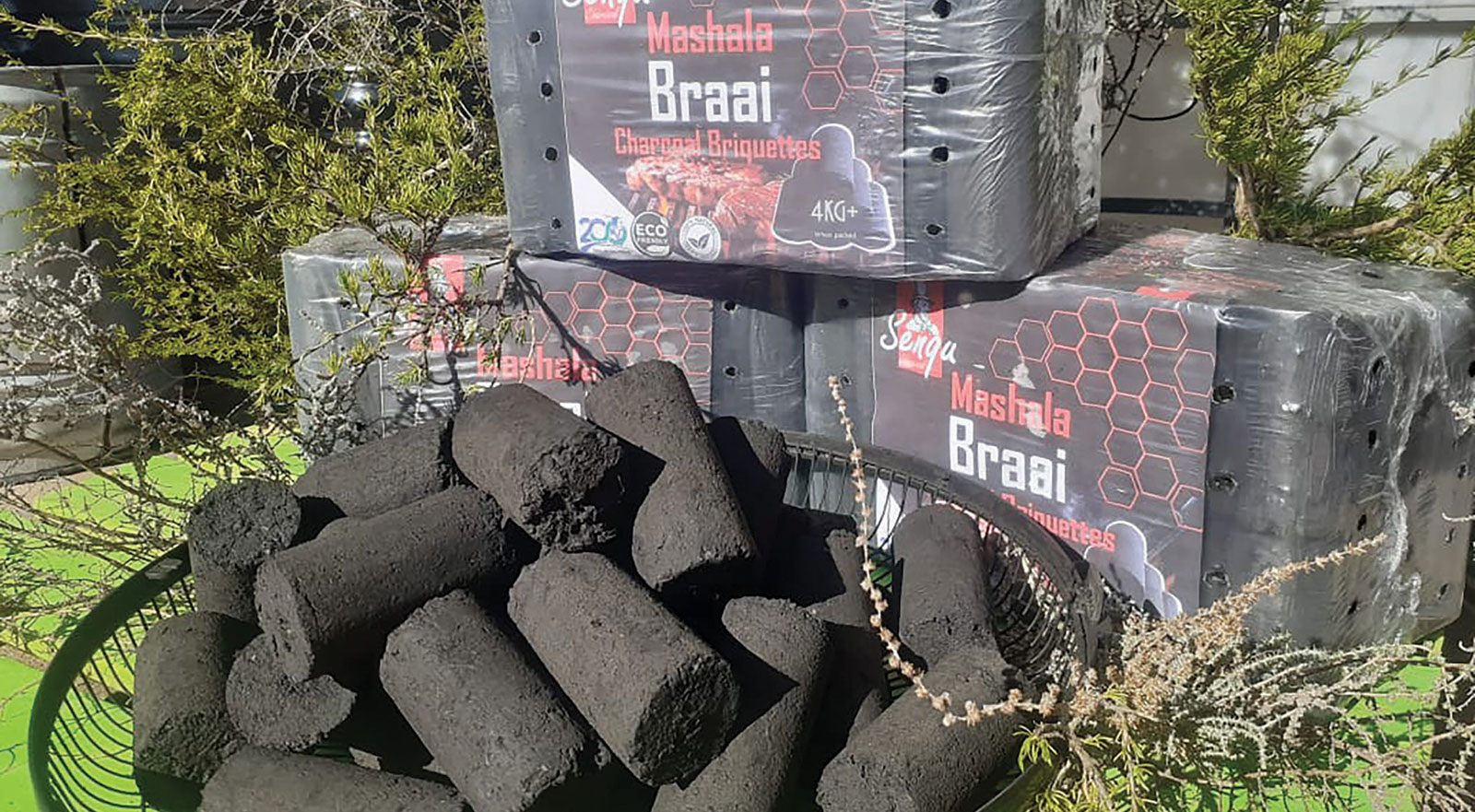
New Senqu charcoal sets the scene ablaze
3 days ago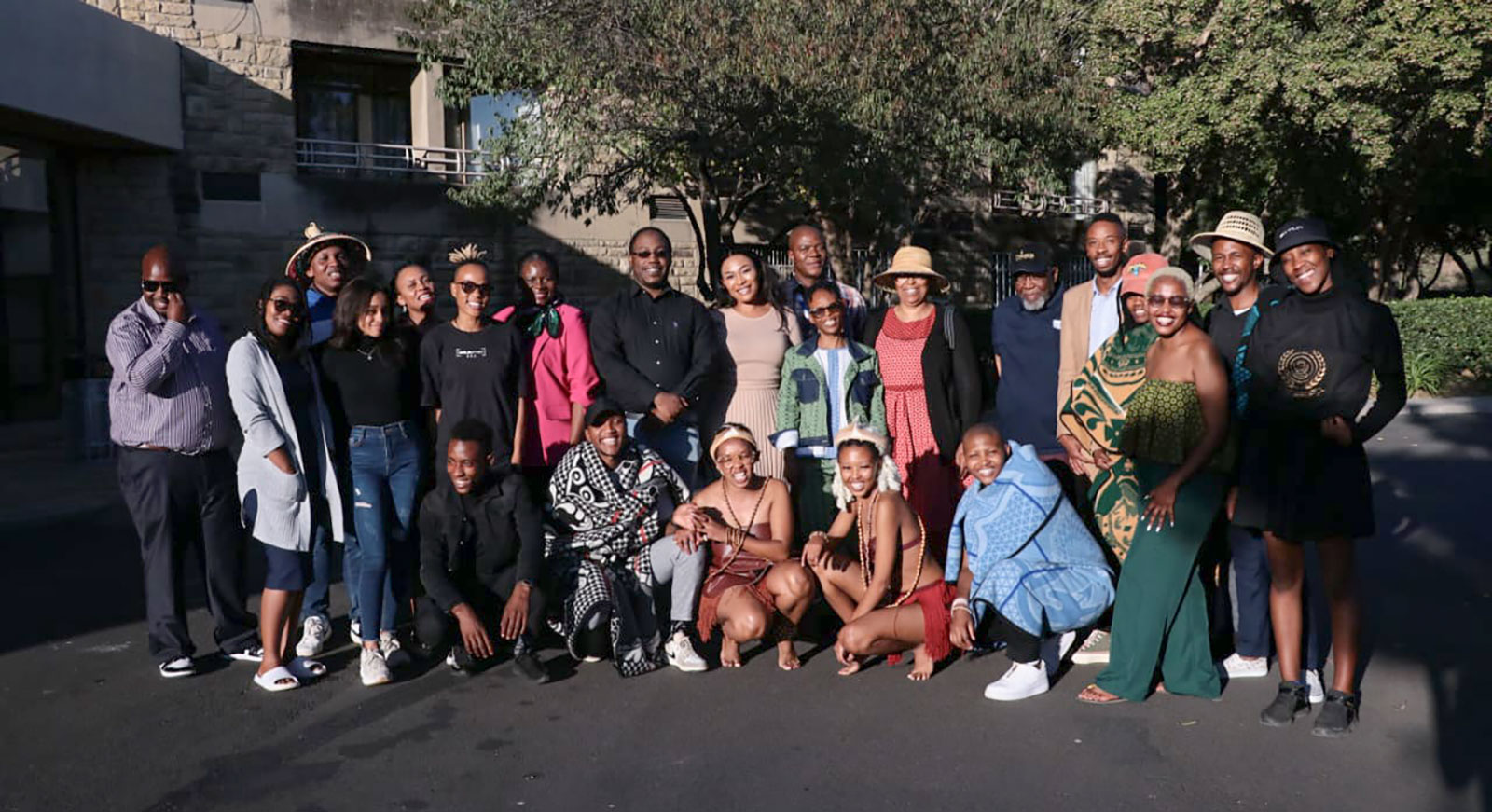
GEM Institute celebrates World Art Day
5 days ago
IEC finds own home, saves on massive rentals
6 days ago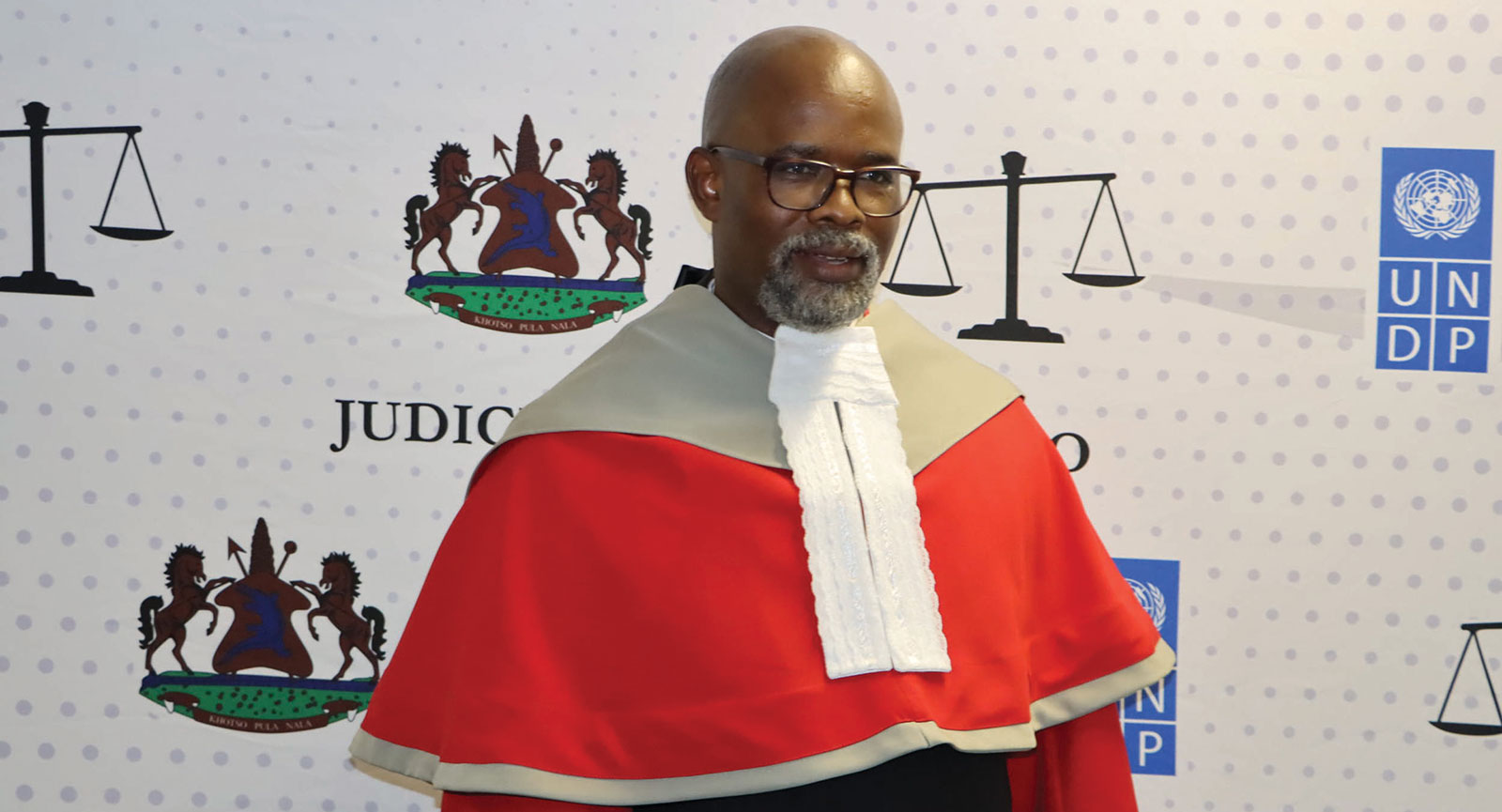
M2m commission to probe LCS torture
6 days ago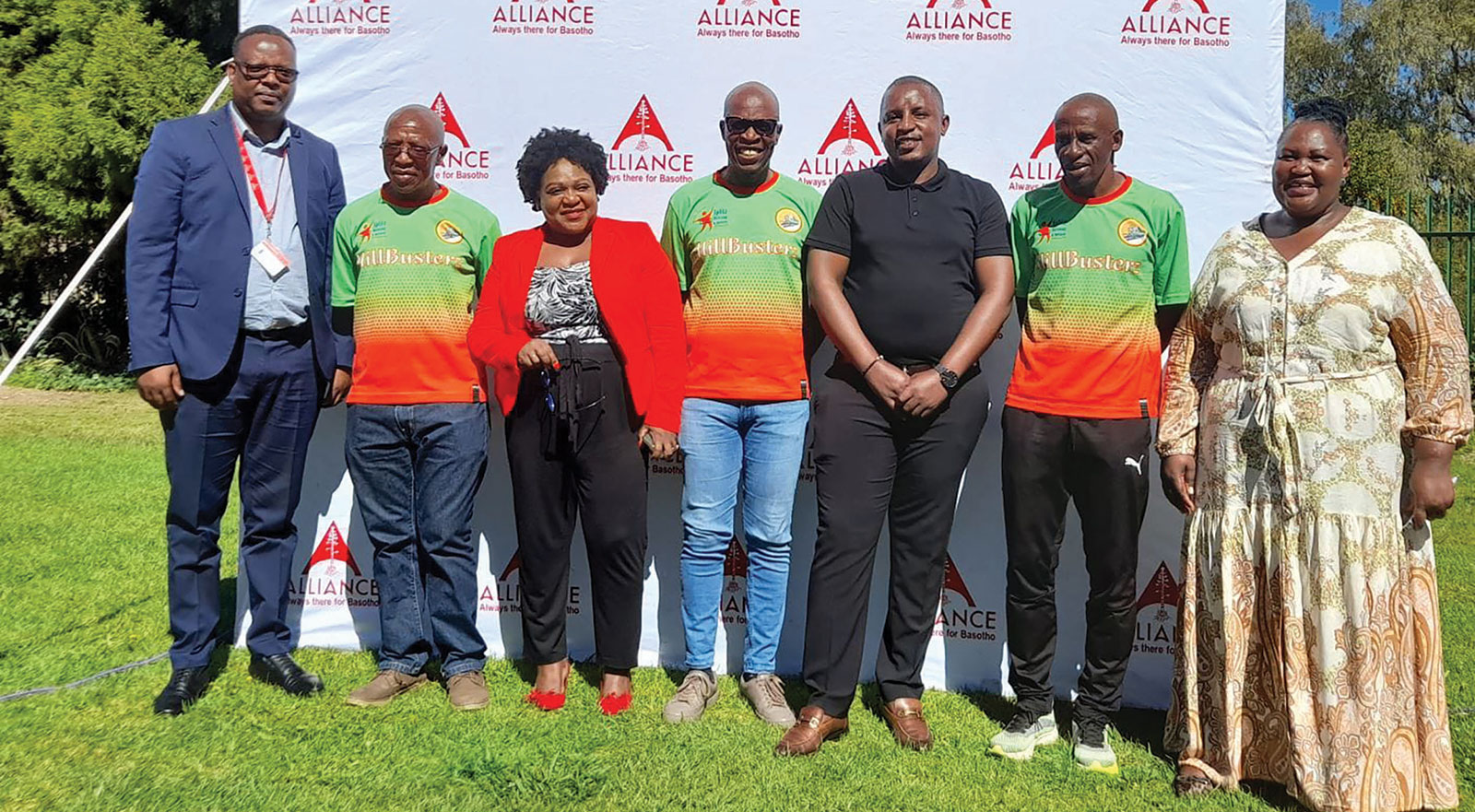
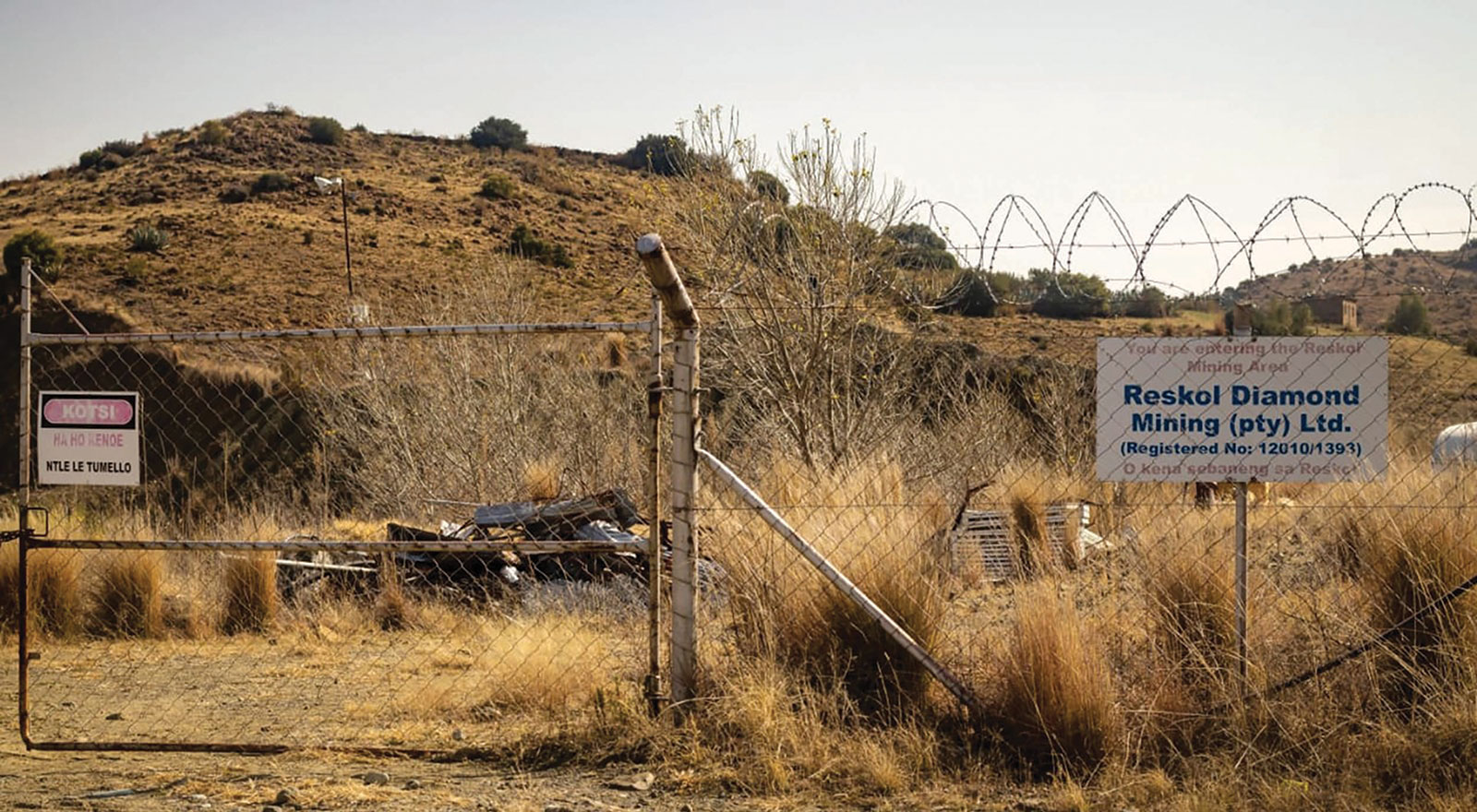
Parly orders mine closure
6 days ago